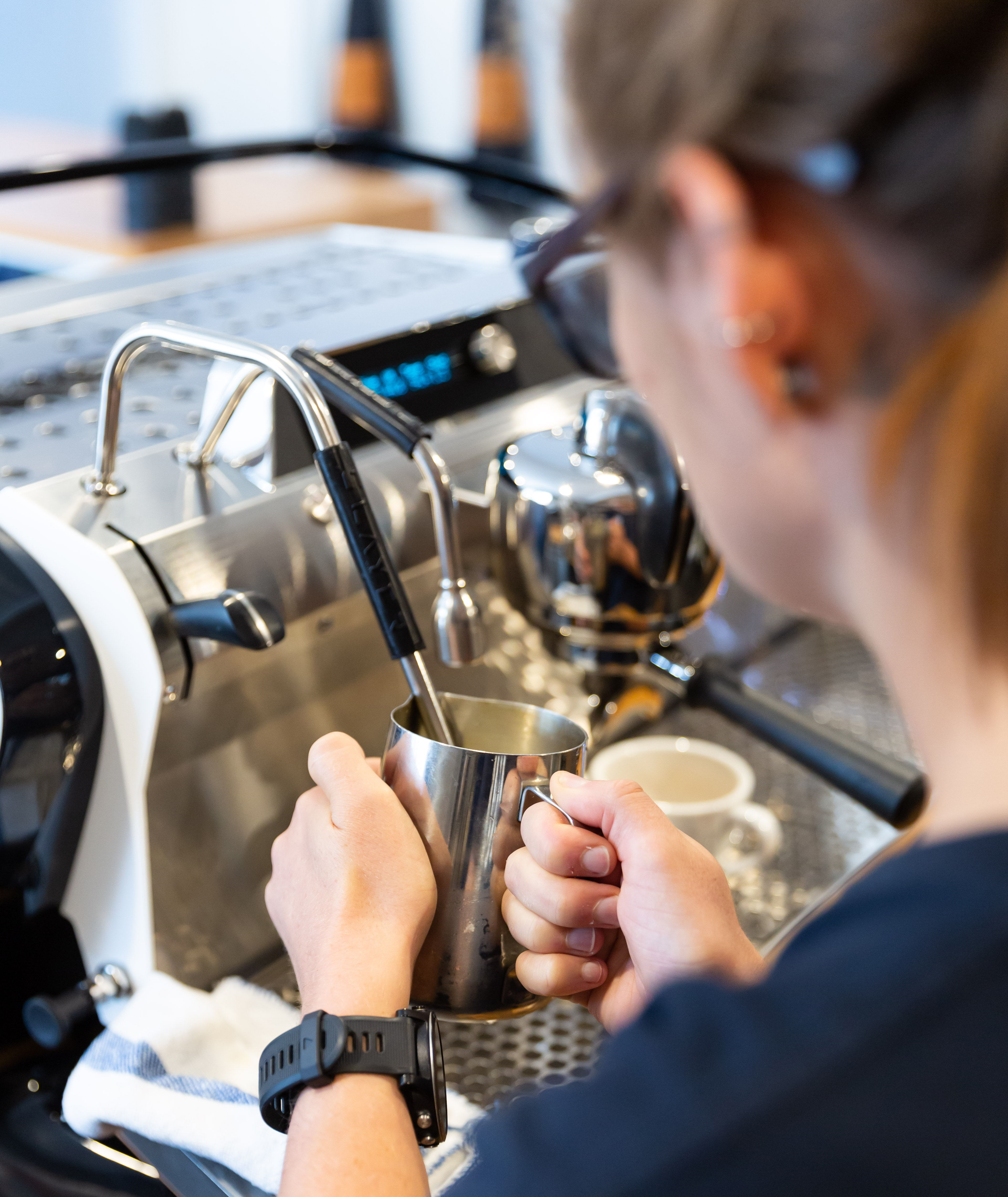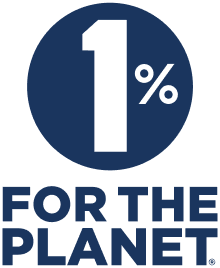Australia's specialty café culture, renowned for its discerning taste and innovative spirit, has witnessed an intriguing development: the proliferation of "free-on-loan" equipment. While initially perceived as a benefit for emerging cafés, this practice has increasingly come under scrutiny. Critics argue that it undermines transparency, obscures true costs, and ultimately, may disadvantage the establishments it purports to help. This article explores this historical context.
The origins of the Australian specialty cafe culture
The origins of Australia's specialty café culture date back to the post-World War II era when European immigrants brought their espresso machines and coffee traditions. Over the decades, this influence merged with local tastes, leading to a distinct coffee scene by the late 20th century. It was not just about the drink; it was about the experience, the artistry of brewing, and the gathering of communities.
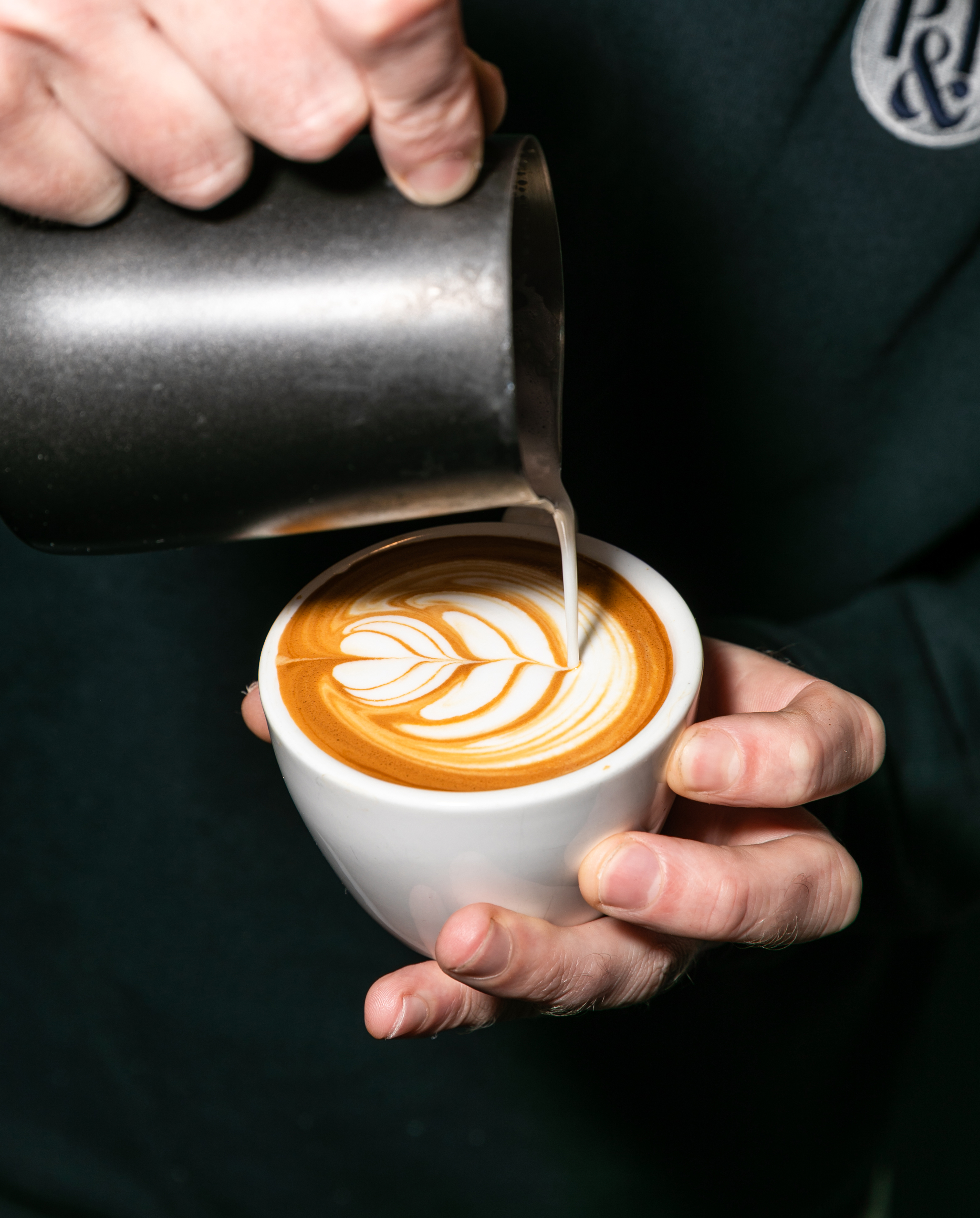
The early case for free-on-loan
In the nascent stages of Australia's café revolution, "free-on-loan" equipment offered a lifeline. During this time, there were no established cafes or a large population of coffee drinkers. With coffee culture yet to establish its firm foothold, these arrangements provided venues with a low-risk option to offer high-quality coffee without the prohibitive upfront cost of equipment. During this time, coffee equipment was also a lot cheaper than today. This model was a perfect solution, fostering growth in a then-uncertain and undeveloped market.
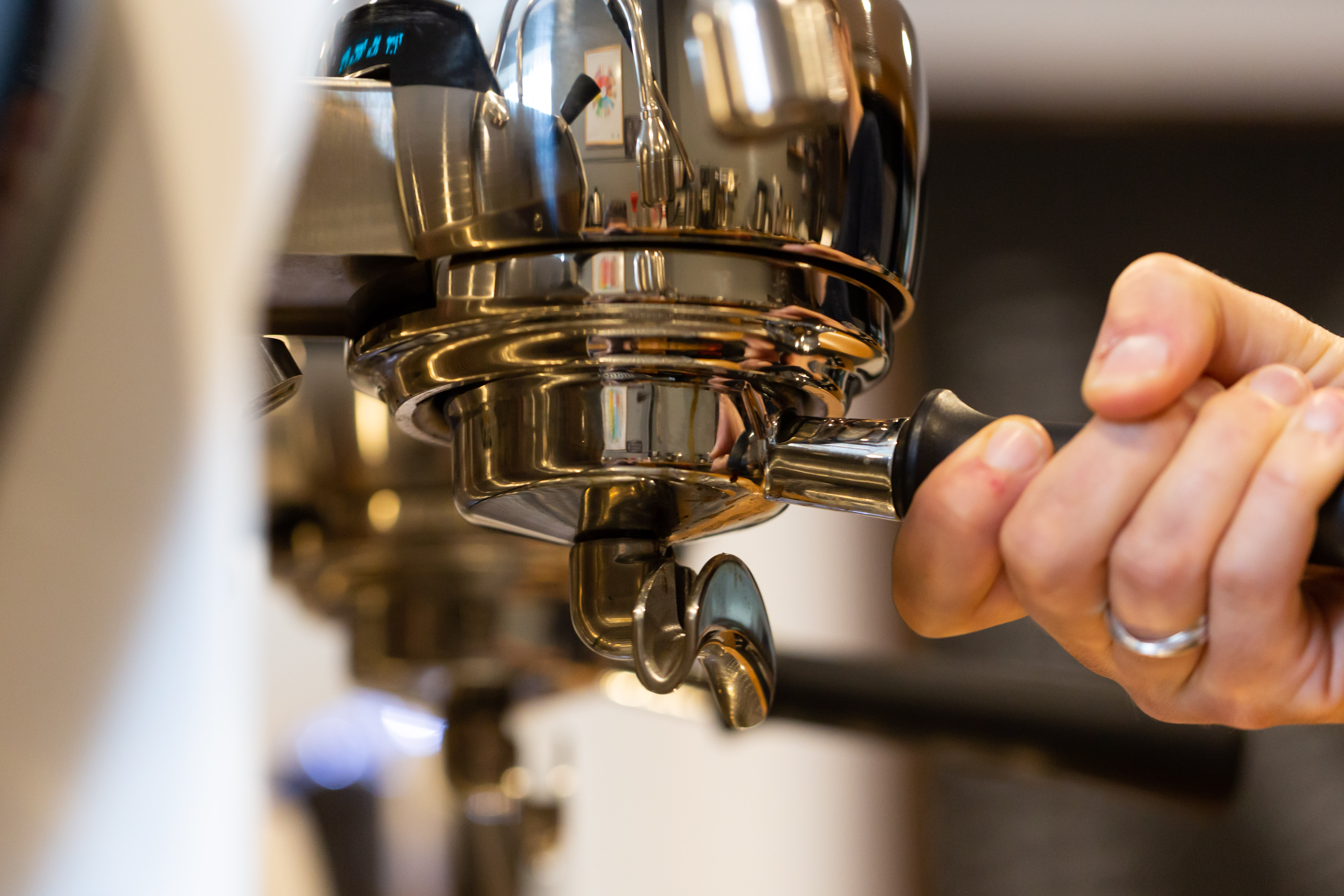
The hidden costs
However, as the industry matured, the sheen of the "free-on-loan" model began to fade, revealing its less appealing facets. Cafés often found themselves paying inflated prices for coffee beans, essentially recouping the cost of the "free" equipment through higher ongoing expenses. Or the cost came in the form of lower-quality coffee, service or equipment. This lack of transparency around the true cost of operations can lead to financial loss, particularly for smaller, independent operators who may struggle to negotiate more favorable terms or understand the true cost or potential loss of profit.
A unique anomaly
The peculiar aspect of this arrangement is its rarity across other industries. Suppliers typically do not provide high-value equipment—worth upwards of $30,000—without charge in other sectors. This anomaly raises questions about its sustainability and fairness. In industries where upfront investment in quality equipment is standard, businesses can shop around for both the equipment and the supplies, ensuring better transparency and control over costs and quality. Also, coffee is no longer an unproven market. Coffee is a central and essential aspect of a cafe. Therefore, the risk that existed 40 years ago no longer exists.
The shift in perspective
What once enabled the growth of specialty cafés now seems irrelevant or even detrimental in a mature and proven market. The initial rationale for "free on loan" equipment—reducing barriers to entry—no longer holds the same weight. The café industry in Australia is no longer in its infancy but is a mature and competitive landscape. The enduring reliance on such models not only obscures true costs but also stifles innovation by reducing the options and profit potential of cafes.
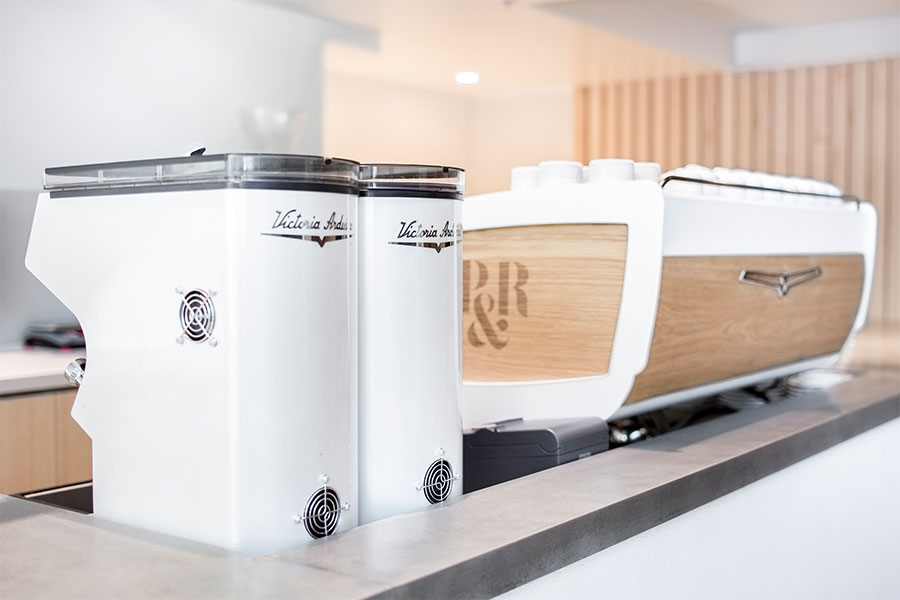
The call for change
The time has come for a reassessment of the "free-on-loan" model within Australia's café industry. Advocates for change argue for a move towards more transparent and equitable practices that empower café owners. By purchasing their equipment outright (or financing, leasing or renting it), cafés can regain control over their costs and supply choices, fostering a more competitive and diverse market. This shift could also encourage a deeper focus on sustainability, as owners seek the best quality, value and efficiency from their investments over the long term.
Wrapping it all up
In conclusion, while the "free-on-loan" equipment model played a crucial role in the embryonic stages of Australia's specialty café culture, its continued relevance is questionable. In modern times where transparency, sustainability, and autonomy are increasingly valued, the industry will benefit from evolving beyond this practice. Such a transformation would reflect the maturity and success of the Australian café scene and also ensure its future resilience and integrity.
Next steps
Have questions or want to discuss further? You can get in touch by filling out this form.

